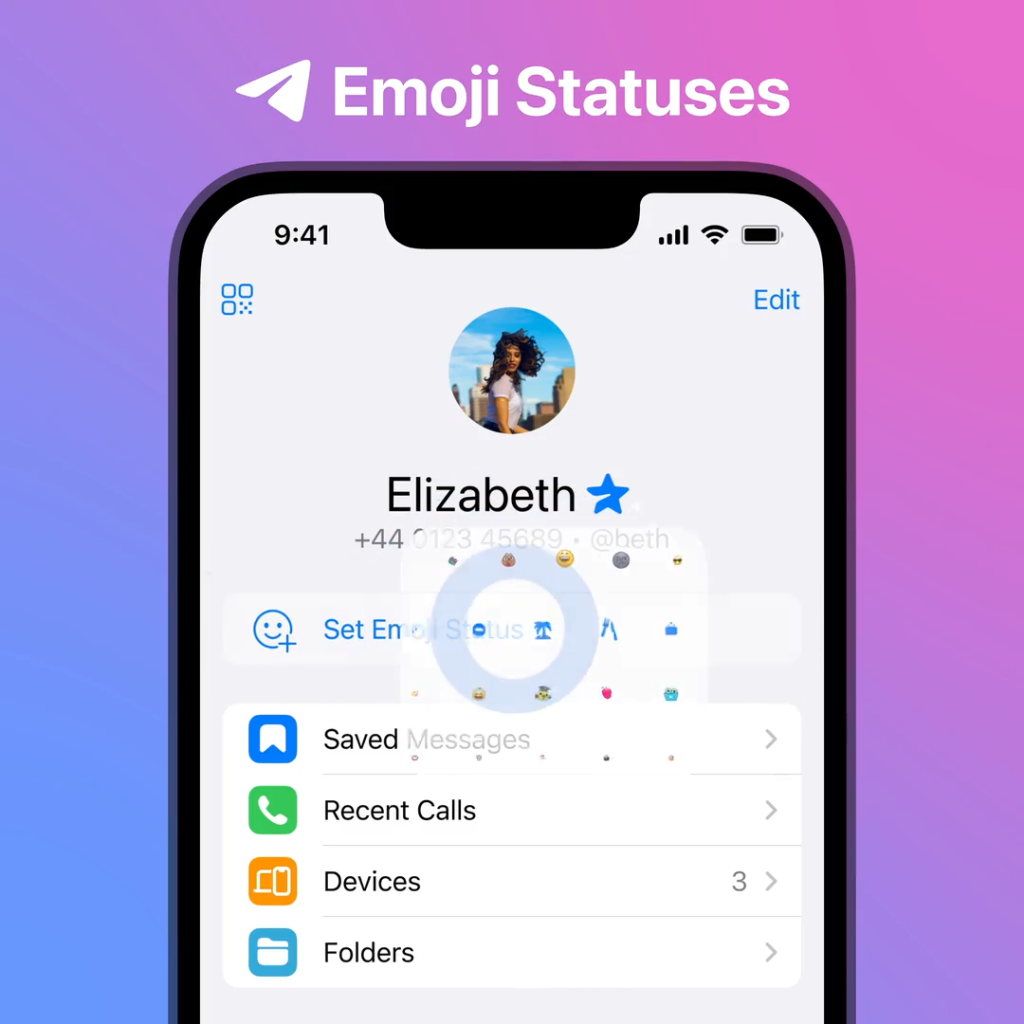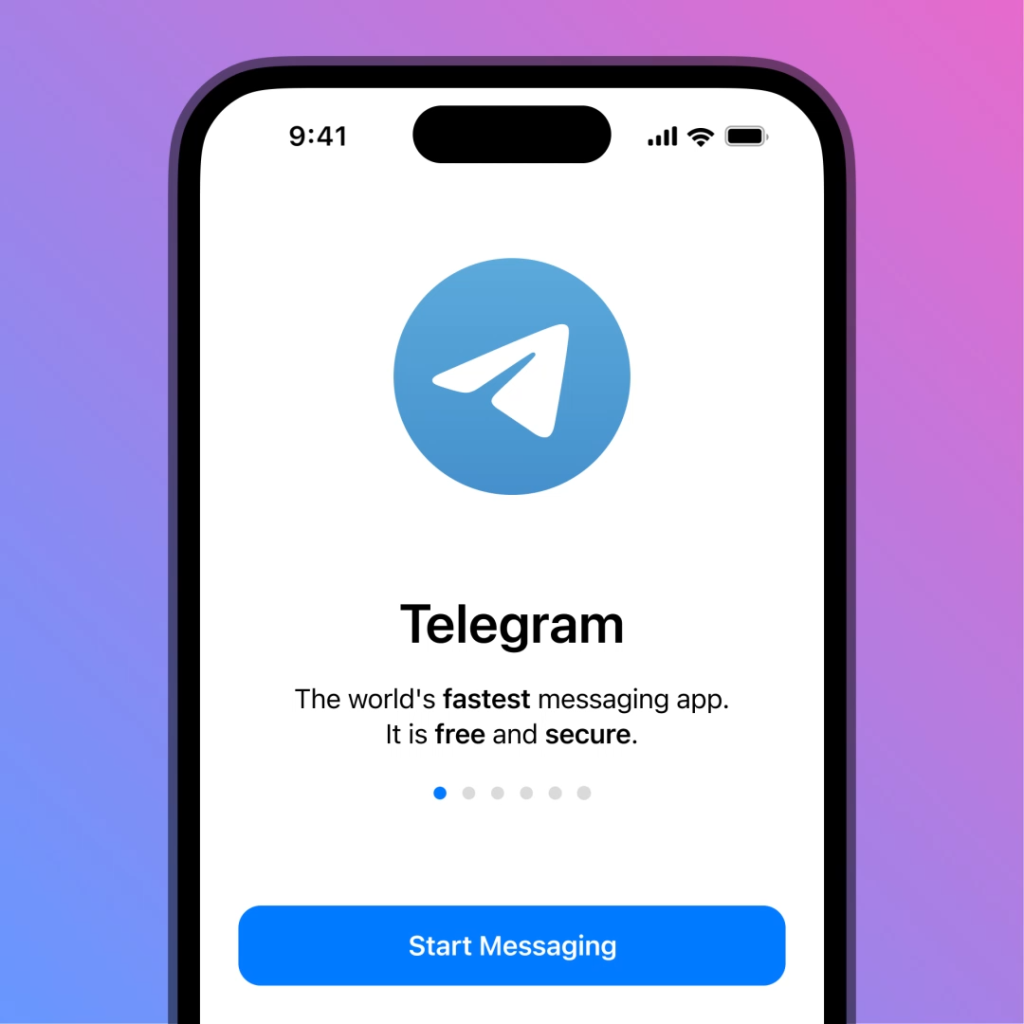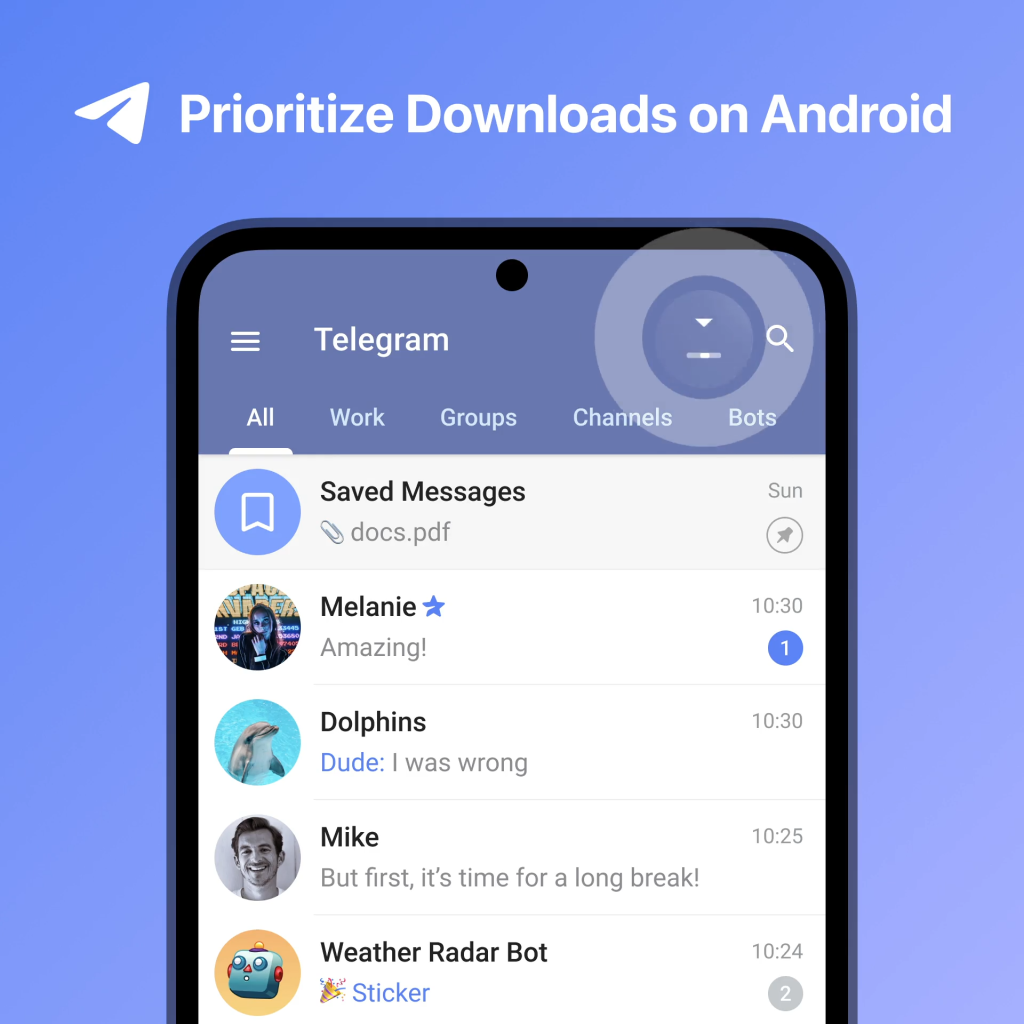
Trust Wallet itself is free; high transaction fees are due to network congestion and blockchain-specific costs.
Transaction Fees
Network Fees
Network fees are a significant factor contributing to the overall cost of using Trust Wallet. These fees are necessary to ensure that transactions are processed and confirmed on the blockchain. Key points about network fees include:
- Blockchain Maintenance: Network fees are paid to miners or validators who maintain the blockchain. This ensures the security and functionality of the network.
- Transaction Priority: Higher fees can prioritize transactions, allowing them to be processed faster. This is particularly important during times of high network congestion.
- Variable Costs: Network fees can vary significantly depending on the blockchain being used. For example, Ethereum network fees tend to be higher compared to other blockchains like Binance Smart Chain.
Variable Gas Prices
Gas prices are another critical aspect affecting transaction fees in Trust Wallet, especially for networks like Ethereum:
- Supply and Demand: Gas prices fluctuate based on network activity. When many users are making transactions, the demand for gas increases, leading to higher prices.
- Transaction Complexity: More complex transactions that require more computational work will cost more gas. For example, executing a smart contract requires more gas than a simple transfer.
- Gas Limit: Users can set a gas limit for their transactions. While setting a higher gas limit can ensure the transaction is processed quickly, it also increases the overall cost.
- Market Conditions: Overall market conditions and network upgrades can impact gas prices. For example, the Ethereum network’s transition to Ethereum 2.0 aims to reduce gas prices by improving scalability.

Cryptocurrency Prices
Market Volatility
Cryptocurrency prices are inherently volatile, which can impact the perceived cost of using Trust Wallet. Here’s how market volatility plays a role:
- Price Fluctuations: Cryptocurrencies like Bitcoin and Ethereum often experience significant price swings within short periods. This volatility can affect the value of transactions and the associated fees, making it seem more expensive during high volatility.
- Transaction Timing: The timing of your transaction can influence the cost due to market volatility. Transactions conducted during price surges may incur higher fees due to increased network activity.
- Investment Risk: Market volatility introduces an element of risk for investors. While Trust Wallet provides secure storage, the value of the cryptocurrencies stored can fluctuate significantly, affecting the overall investment.
High-Value Assets
Holding and transacting high-value assets in Trust Wallet can also contribute to the perceived expense:
- Higher Transaction Fees: Transacting with high-value cryptocurrencies often incurs higher fees. This is because network fees can be proportional to the transaction amount in some cases.
- Security Considerations: High-value assets require robust security measures. Trust Wallet offers advanced security features such as encryption and private key control, which are crucial for protecting valuable assets but may add to the cost.
- Asset Management: Managing high-value assets requires careful monitoring and possibly more frequent transactions, which can accumulate fees over time. Trust Wallet’s comprehensive support for various cryptocurrencies ensures that users can effectively manage and secure their high-value assets.
Security Features
Advanced Encryption
Trust Wallet employs advanced encryption techniques to protect users’ digital assets and personal information. This high level of security contributes to the wallet’s perceived value and reliability:
- Encryption Algorithms: Trust Wallet uses industry-standard encryption algorithms to secure private keys and transaction data. This ensures that even if a device is compromised, the keys and data remain safe from unauthorized access.
- End-to-End Encryption: Communication between Trust Wallet and blockchain networks is secured with end-to-end encryption. This prevents potential interception or tampering with data during transmission.
- Data Protection: Sensitive information, such as recovery phrases and private keys, is encrypted and stored locally on the user’s device. Trust Wallet does not store this data on its servers, reducing the risk of large-scale data breaches.
User-Controlled Private Keys
One of the core security features of Trust Wallet is that it gives users full control over their private keys. This non-custodial approach ensures that users have ultimate ownership and responsibility for their digital assets:
- Local Storage: Private keys are stored locally on the user’s device, not on Trust Wallet’s servers. This decentralization enhances security by eliminating a single point of failure.
- Recovery Phrases: During wallet setup, users are provided with a 12-word recovery phrase. This phrase is crucial for wallet recovery in case the device is lost or damaged. Users are advised to store this phrase securely offline.
- Enhanced Security Practices: Users can enable additional security measures, such as biometric authentication (fingerprint or face recognition) and PIN codes, to further protect access to the wallet.
- No Third-Party Access: Since Trust Wallet does not have access to private keys or recovery phrases, users are solely responsible for their security. This eliminates risks associated with third-party custody, such as hacks or misuse of funds by custodial services.

User Experience
User-Friendly Interface
Trust Wallet is designed with a user-friendly interface to enhance the overall user experience, making it accessible for both beginners and experienced cryptocurrency users:
- Intuitive Design: The app features a clean and intuitive design, allowing users to navigate easily through various functions such as sending, receiving, and managing cryptocurrencies.
- Easy Setup: Trust Wallet offers a straightforward setup process. Users can create a new wallet or import an existing one using a recovery phrase within minutes.
- Clear Icons and Menus: The use of clear icons and simple menus helps users quickly find the functions they need, reducing the learning curve and making it easier to perform transactions and manage assets.
- Real-Time Updates: Trust Wallet provides real-time updates on cryptocurrency prices and portfolio values, helping users stay informed about their investments.
Comprehensive Support
Trust Wallet offers comprehensive support to ensure users have a seamless experience when managing their digital assets:
- Wide Range of Cryptocurrencies: Trust Wallet supports over 160 different cryptocurrencies, including popular ones like Bitcoin, Ethereum, and Binance Coin. This extensive support allows users to manage diverse portfolios within a single app.
- In-App Staking: Users can stake various cryptocurrencies directly within the app to earn rewards. Trust Wallet simplifies the staking process, making it accessible even to users who are new to staking.
- DApp Browser: The built-in decentralized application (DApp) browser allows users to explore and interact with various DApps, enhancing the functionality of the wallet. This feature supports access to decentralized exchanges, games, and other blockchain-based services.
- Customer Support: Trust Wallet provides reliable customer support through various channels, including an extensive FAQ section, community forums, and direct support options. This ensures that users can get help quickly if they encounter any issues.
- Educational Resources: Trust Wallet offers educational resources to help users learn about cryptocurrency, blockchain technology, and the features of the wallet. This includes tutorials, guides, and blog posts aimed at improving user knowledge and confidence.

Integration with DeFi
Access to DApps
Trust Wallet provides seamless integration with decentralized applications (DApps), offering users direct access to a wide range of DeFi services:
- Built-In DApp Browser: Trust Wallet includes a built-in DApp browser that allows users to explore and interact with various decentralized applications directly from the wallet. This feature simplifies access to DeFi platforms, decentralized exchanges (DEXs), and blockchain games.
- User-Friendly Experience: The DApp browser is designed for ease of use, with clear navigation and a curated list of popular DApps. This helps users discover new DeFi opportunities without needing extensive technical knowledge.
- Security and Privacy: By using Trust Wallet’s DApp browser, users can connect to DApps securely without exposing their private keys. This ensures a safe and private DeFi experience.
- Wide Range of Services: Users can access a variety of DeFi services, including lending and borrowing platforms, decentralized exchanges, and liquidity pools. This integration enables users to fully participate in the DeFi ecosystem directly from their wallet.
Staking and Yield Farming
Trust Wallet supports staking and yield farming, allowing users to earn rewards on their cryptocurrency holdings:
- Staking Support: Trust Wallet offers in-app staking for several popular cryptocurrencies, including Binance Coin (BNB), Tezos (XTZ), and Cosmos (ATOM). Users can easily stake their assets to earn staking rewards, helping them generate passive income.
- Simple Staking Process: The staking process in Trust Wallet is straightforward. Users can select the cryptocurrency they want to stake, choose a validator, and start earning rewards with just a few taps.
- Yield Farming Opportunities: Trust Wallet provides access to various yield farming platforms through its DApp browser. Users can participate in yield farming by providing liquidity to DeFi protocols and earning rewards in return.
- Portfolio Growth: By engaging in staking and yield farming, users can grow their cryptocurrency portfolios over time. Trust Wallet’s integration with these DeFi activities makes it easy for users to maximize their returns on investment.

Market Demand
Increasing Crypto Adoption
The rise in cryptocurrency adoption has significantly impacted the demand for wallets like Trust Wallet. As more individuals and institutions embrace digital currencies, the need for secure and user-friendly wallets continues to grow:
- Mainstream Acceptance: Cryptocurrencies are becoming increasingly accepted by mainstream financial institutions, businesses, and retail investors. This broader acceptance drives more people to seek reliable wallets to manage their digital assets.
- Investment Interest: With the growing interest in cryptocurrency investments, both new and seasoned investors require secure storage solutions. Trust Wallet’s features cater to these needs, making it a popular choice among investors.
- Educational Efforts: As educational efforts around blockchain technology and cryptocurrencies increase, more people are becoming aware of the benefits of owning and securely managing digital assets. Trust Wallet benefits from this increased awareness and demand for secure storage solutions.
Popularity Among Users
Trust Wallet’s popularity is driven by its comprehensive features, ease of use, and robust security, making it a favored choice among cryptocurrency users:
- User Reviews and Ratings: Trust Wallet consistently receives positive reviews and high ratings on app stores, reflecting user satisfaction with its functionality and reliability. This positive feedback attracts more users to the wallet.
- Community Support: Trust Wallet has a strong community of users and developers who contribute to its ongoing development and improvement. This active community support enhances the wallet’s credibility and appeal.
- Marketing and Partnerships: Trust Wallet benefits from strategic marketing efforts and partnerships, including its acquisition by Binance, one of the largest cryptocurrency exchanges. These partnerships boost Trust Wallet’s visibility and trustworthiness in the market.
- Versatility: The wallet supports a wide range of cryptocurrencies and offers features such as staking, yield farming, and DeFi integration, catering to diverse user needs. This versatility makes it appealing to a broad audience.
- Continuous Development: Trust Wallet is committed to continuous improvement, regularly updating its features and security protocols to meet the evolving needs of its users. This dedication to development keeps the wallet relevant and reliable.

Comparison with Other Wallets
Trust Wallet vs. MetaMask
Trust Wallet and MetaMask are both popular choices for managing cryptocurrency assets, each offering unique features and benefits:
- Blockchain Support:
- Trust Wallet: Supports multiple blockchains, including Ethereum, Binance Smart Chain, Bitcoin, and more. This wide support makes it a versatile choice for users with diverse cryptocurrency holdings.
- MetaMask: Primarily supports Ethereum and Ethereum-compatible blockchains. While it has robust support for Ethereum-based assets, its multi-chain capabilities are more limited compared to Trust Wallet.
- User Interface:
- Trust Wallet: Known for its intuitive and user-friendly interface, making it accessible to both beginners and experienced users. The mobile-first design ensures a seamless experience on smartphones.
- MetaMask: Offers both a browser extension and a mobile app, providing flexibility for users. The interface is straightforward but may require a learning curve for users new to decentralized finance (DeFi).
- DeFi Integration:
- Trust Wallet: Includes a built-in DApp browser, allowing users to access a wide range of decentralized applications (DApps) directly from the wallet. This feature enhances its utility for engaging with DeFi platforms.
- MetaMask: Widely used in the DeFi ecosystem due to its compatibility with numerous DApps and Web3 applications. The browser extension makes it easy to connect with DeFi services.
- Security:
- Trust Wallet: Provides robust security features, including advanced encryption, local storage of private keys, and biometric authentication. Users maintain full control over their private keys.
- MetaMask: Also offers strong security with encrypted key storage and the option to integrate with hardware wallets like Ledger and Trezor for added protection.
- Staking and Yield Farming:
- Trust Wallet: Supports in-app staking for several cryptocurrencies and provides access to yield farming opportunities through its DApp browser.
- MetaMask: Users can engage in staking and yield farming through connected DApps, though the process may require more steps compared to Trust Wallet’s integrated approach.
Trust Wallet vs. Coinbase Wallet
Trust Wallet and Coinbase Wallet are both well-regarded options, but they cater to slightly different user needs and preferences:
- Custodial vs. Non-Custodial:
- Trust Wallet: A non-custodial wallet where users have full control over their private keys and funds. This model emphasizes security and user autonomy.
- Coinbase Wallet: Also a non-custodial wallet, but closely integrated with the Coinbase exchange. Users benefit from the convenience of transferring funds between the wallet and the exchange.
- Supported Cryptocurrencies:
- Trust Wallet: Supports a wide range of cryptocurrencies, including Bitcoin, Ethereum, Binance Coin, and various ERC-20 tokens. Its extensive support appeals to users with diverse crypto portfolios.
- Coinbase Wallet: Supports a broad array of cryptocurrencies but is particularly optimized for assets available on the Coinbase exchange. This can be advantageous for users who are active on Coinbase.
- User Interface:
- Trust Wallet: Features a clean and intuitive mobile interface, designed to make managing cryptocurrencies easy for all user levels.
- Coinbase Wallet: Offers a user-friendly experience with seamless integration into the broader Coinbase ecosystem. The interface is straightforward, making it easy for new users to navigate.
- DeFi and DApp Integration:
- Trust Wallet: Provides direct access to DApps and DeFi services through its built-in DApp browser, supporting a wide range of decentralized applications.
- Coinbase Wallet: Also supports DApp access, with an emphasis on ease of use and integration within the Coinbase platform. The wallet allows users to explore DeFi opportunities with relative simplicity.
- Security Features:
- Trust Wallet: Emphasizes strong security with features like advanced encryption, local key storage, and biometric authentication.
- Coinbase Wallet: Provides robust security, including encrypted storage and integration with hardware wallets. It benefits from Coinbase’s reputation for strong security practices.